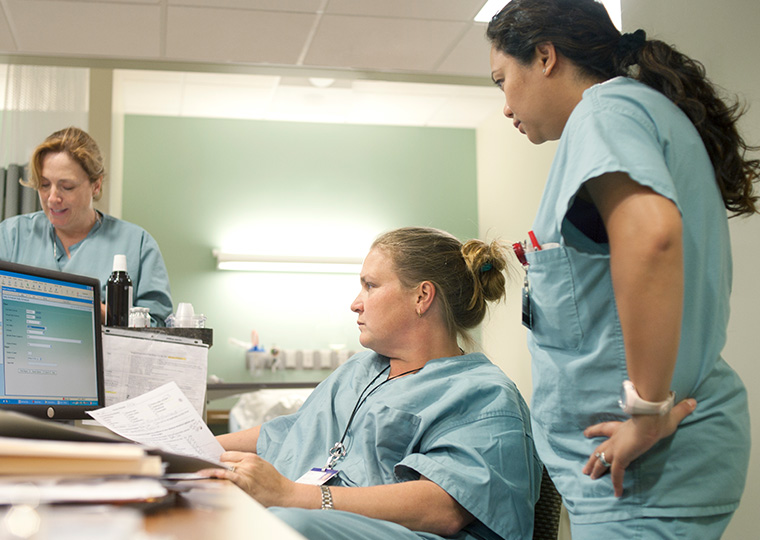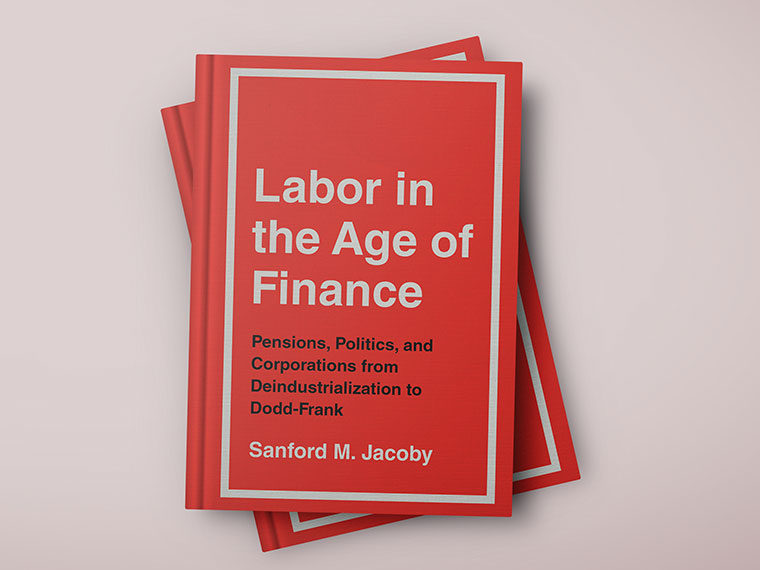Startups lack bench strength, a disadvantage in tight labor markets
It is a new economy truism: Nimble startups have an edge over larger, well-established companies. New ventures are more innovative and can be better attuned to the markets they operate in, while incumbents, constrained by their existing operations, may be less able to commit resources to new ones.
But when local resources, especially labor, are scarce, agility and local knowledge might not be enough. In that case, a working paper suggests, more established, diversified companies have the advantage.
Opt In to the Review Monthly Email Update.
A study of Brazilian sugar mills — by Georgetown’s Jasmina Chauvin, University of Illinois’ Carlos Inoue and UCLA Anderson’s Christopher Poliquin — suggests that incumbent companies are better positioned than stand-alone operations when entering enter new, undeveloped markets thanks to the larger firms’ ability to transfer staff from labor-rich areas to those where labor is relatively scarce. This advantage is greatest when there are large differences in labor availability between the new and old markets.
Previous research from Chauvin and Poliquin found that moving around employees can give companies with multiple business lines a strategic edge since they can more easily expand into new or growing markets. In the latest paper, they extend that work to consider how redeploying workers can help companies enter geographic markets that would otherwise be unattractive because of a scarcity of local talent.
Who Has the Advantage in a Market Boom?
As with the earlier paper, the latest paper is based on data from a census of employers and employees in Brazil’s formal economy. In this case, it focuses on the Brazilian sugar-processing industry, which expanded rapidly after the introduction in the late 1990s of flex-fuel vehicles, which run on a gasoline mixture containing as much as 83% ethanol. The increased demand for biofuels prompted sugar cane producers to open farms and mills in previously undeveloped areas.
The study looked at the hiring practices of new mills opened between 2000 and 2014, a period in which the land area dedicated to sugar cane increased by more than 70%. Of 122 mills opened during the period, 91 were operated by companies with existing operations elsewhere; new companies without other mills opened the balance.
Transferred workers made up a relatively small but significant share of the new employees. An average of 6.4% of workers were redeployed from companies’ other plants. A company was more likely to use redeployed workers when it operated in markets where labor was more abundant and when the new mills were in areas where labor is relatively scarce.
Shifting Resources to More Fertile Soil
Companies were also more likely to transfer higher skilled workers, such as managers and technicians. About 18% of the managers at the new mills were redeployed from existing mills, compared with 7% for professionals and technicians and 5% for agricultural and production workers.
In sugar cane processing, the quality of land for growing sugar cane can also have a big effect on a plant’s output. The study indicates that companies are more likely to redeploy staff to mills with good land and away from those with poor soil, suggesting that the combination of high-skilled workers and more productive land produces the greatest benefits when opening new plants.
Because single-mill firms don’t have a pool of experienced sugar hands to transfer and thus have to rely on the local market for their labor needs, the ability of diversified companies to include transfers in their staffing means their employees generally have more experience, higher levels of education and earn more than those hired locally. These mills are also more than two-and-a-half times larger than stand-alone mills, at least in the first year. Both greater size and skill level give their owners a competitive advantage when entering the new markets.
“Incumbents are especially likely to outperform startups when business opportunities arise in locations with underdeveloped factor markets,” the authors write.
Featured Faculty
-
Christopher Poliquin
Assistant Professor of Strategy
About the Research
Chauvin, J., Inoue, C. and Poliquin, C. (2022). Resource Redeployment as an Entry Advantage in Resource-Poor Settings. Available at SSRN: http://dx.doi.org/10.2139/ssrn.4171420






